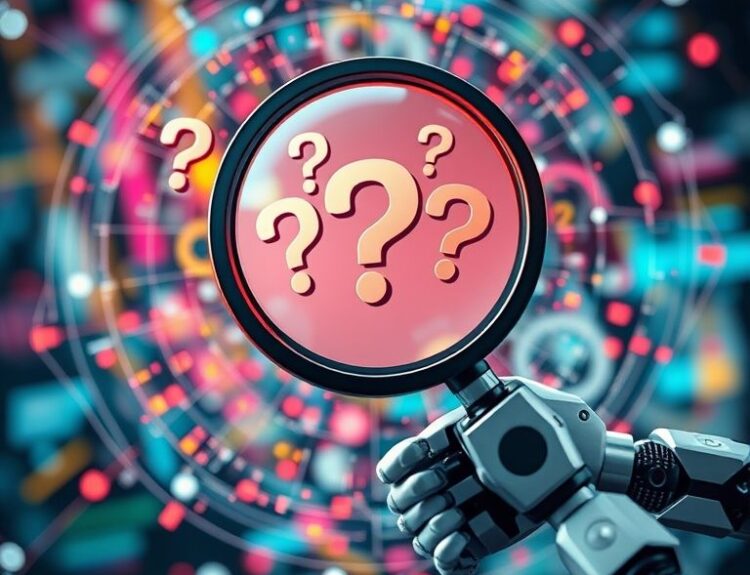Okay, so I stumbled upon something pretty cool in the tech world, and I had to share it with you all. You know how we rely on WhatsApp for staying connected with family and friends? Well, they just upped their security game in a major way!
According to a recent article in TechCrunch, WhatsApp is rolling out passkey protection for end-to-end encrypted backups. Yes, you read that right – passkeys! Now, backing up your chats is even safer than before.
Why is this a big deal, you ask?
Well, let’s face it, our phones are basically treasure troves of personal information. And WhatsApp backups? They contain years’ worth of conversations, photos, and shared memories. That’s data you really don’t want falling into the wrong hands.
Think of passkeys as super-strong, phishing-resistant replacements for passwords. They are unique digital keys stored securely on your device (phone, computer, etc.) and tied specifically to your WhatsApp account. This means even if someone manages to steal your password (which, let’s be honest, happens more than we’d like to admit), they still won’t be able to access your backup without your device.
This move aligns with a broader industry trend towards passkey adoption. According to a 2023 report by the FIDO Alliance, organizations implementing passkeys saw a significant reduction in phishing attacks, sometimes as high as 90%! This suggests that passkeys are not just a nice-to-have, but a critical security measure.
Also, Google reported in 2023 that passkeys are significantly faster to use than passwords. This means not only are you increasing your security, you’re also saving yourself a bit of time!
What does this mean for you?
Essentially, you’ll now have the option to secure your WhatsApp backup with a passkey instead of relying solely on a password. This adds an extra layer of protection against unauthorized access. WhatsApp already uses end-to-end encryption for messages in transit, but this extends that protection to your backups as well.
5 Key Takeaways
- Enhanced Security: Passkeys offer a more secure way to protect your WhatsApp backups compared to traditional passwords.
- Phishing Resistance: Passkeys are virtually immune to phishing attacks, providing peace of mind.
- Easy to Use: Setting up and using passkeys is surprisingly simple and intuitive.
- Industry Trend: This is part of a wider movement towards passkey adoption for improved online security.
- Extra Layer of Protection: This complements WhatsApp’s existing end-to-end encryption, offering comprehensive security.
This passkey implementation is a step forward for WhatsApp’s ongoing commitment to privacy and security. It might take a little time for everyone to get used to passkeys, but trust me, it’s worth the switch for that extra peace of mind. Let me know what you think in the comments!
FAQs about WhatsApp Passkey Protection
- What exactly is a passkey? A passkey is a digital key stored on your device (like your phone or computer) that replaces passwords. It’s more secure and easier to use.
- How does a passkey work with WhatsApp backups? It allows you to encrypt your WhatsApp backup with a passkey instead of just a password, adding an extra layer of security.
- Is using a passkey difficult? Not at all! It’s designed to be easy to set up and use, often involving just a fingerprint or face scan.
- What happens if I lose my device with the passkey? You’ll need to use your WhatsApp recovery options. Make sure you have those set up beforehand.
- Will this slow down my backup process? No, using a passkey shouldn’t noticeably affect the speed of your WhatsApp backups.
- Is this feature available to everyone right now? WhatsApp is rolling out the feature, so it might take some time to reach all users. Keep your app updated!
- Do I have to use a passkey for my backup? No, it’s an optional feature. But it’s highly recommended for improved security.
- Is this feature available on both Android and iOS? Yes, WhatsApp is bringing passkey support to both Android and iOS devices.
- Does this mean my WhatsApp messages are now completely unhackable? While passkeys significantly improve security, no system is 100% unhackable. It makes it significantly harder for unauthorized access.
- Where can I learn more about passkeys in general? You can find more information on the FIDO Alliance website, which promotes open authentication standards.






